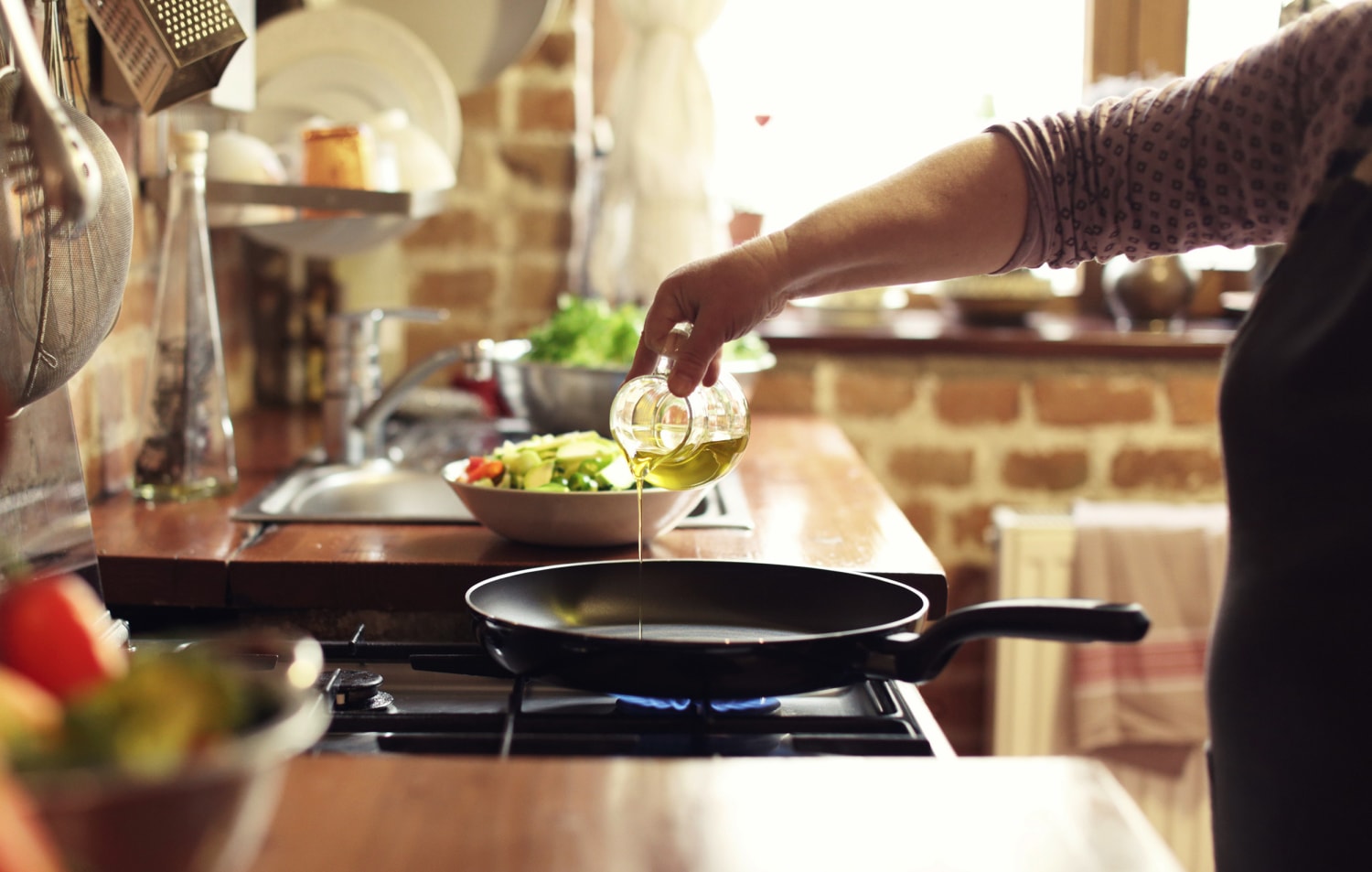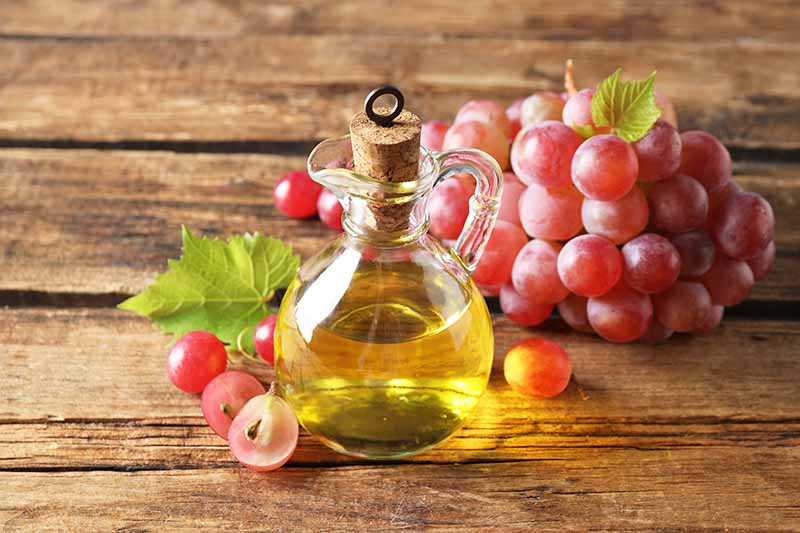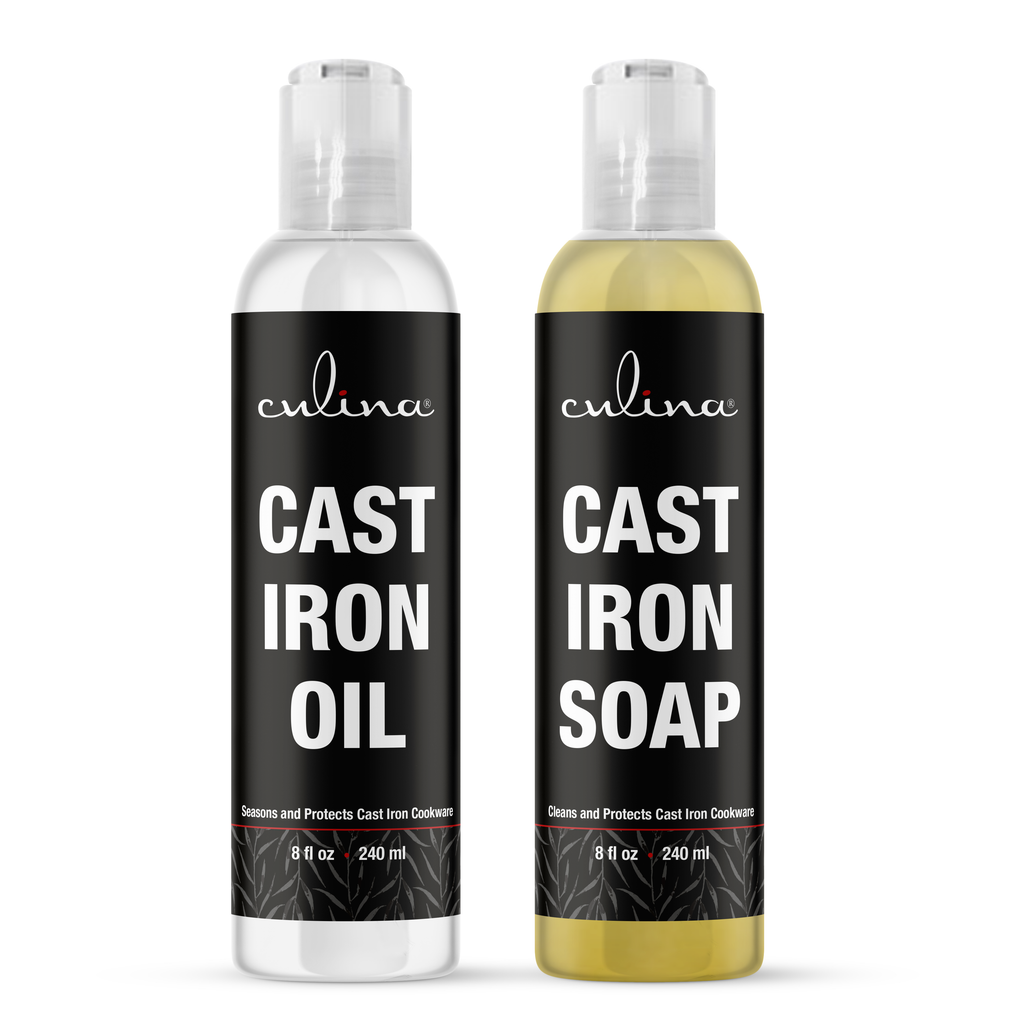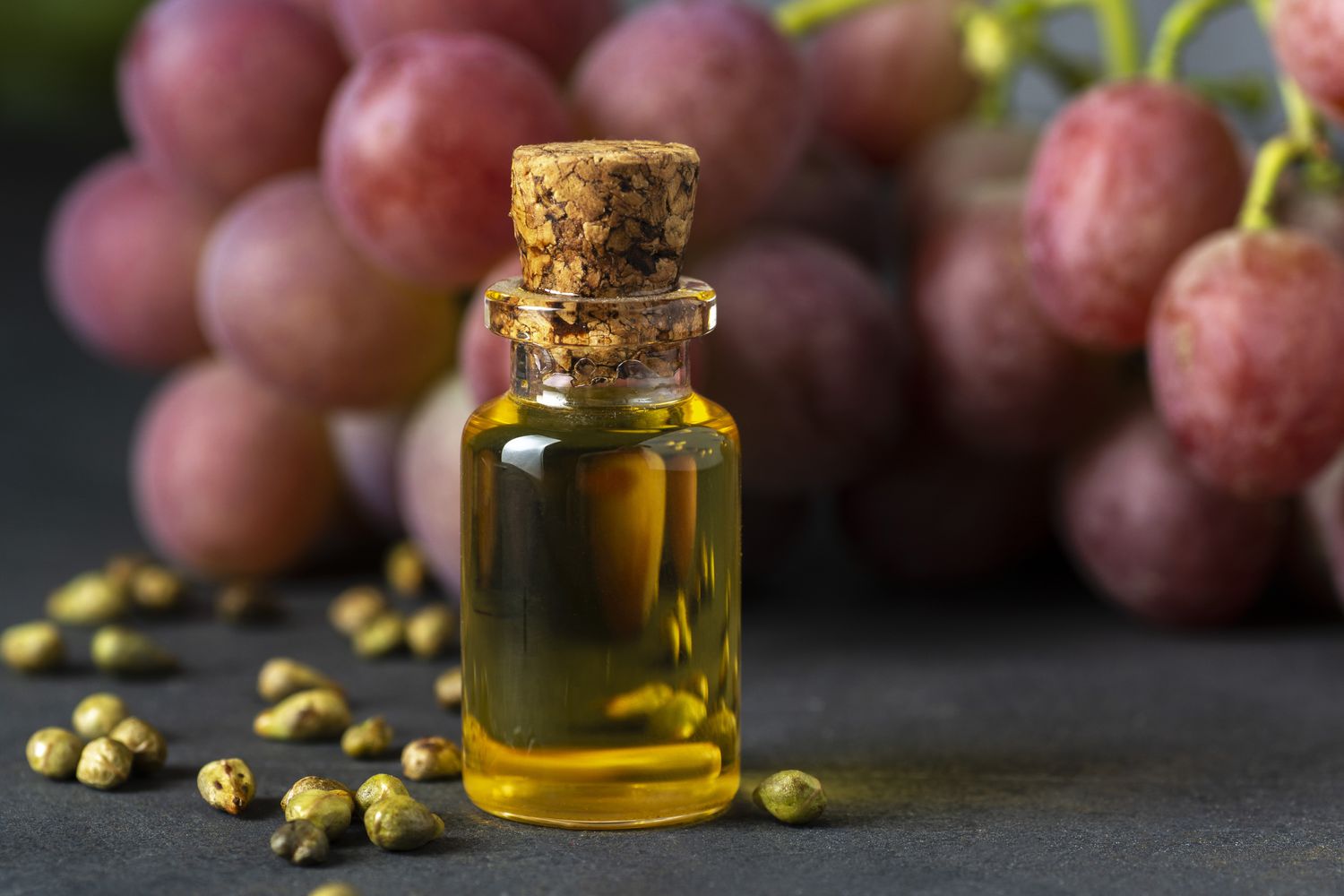How to Season Cast Iron with Grapeseed Oil: A Terrific Guide
For beauticians and enthusiasts alike, the importance of using high-quality cooking tools cannot be overstated. One such tool, cast iron cookware, is not only durable but also offers remarkable culinary benefits when seasoned appropriately. In this article, we will discuss how to season cast iron with grapeseed oil, a method that is not only easy but also incredibly effective.
Grapeseed oil is a game-changer in the world of seasoning cast iron. With a high smoke point and a neutral flavor, it creates a fantastic non-stick surface that enhances your cooking experience. If you're looking to rejuvenate your beloved cast iron skillet or pan, this article is packed with exclusive tips to help you achieve that perfect seasoning.

The Importance of Seasoning Cast Iron
Seasoning cast iron cookware is an essential step to ensure long-lasting quality and performance. It involves applying a layer of oil to the cookware and heating it to create a natural non-stick surface. This not only prevents rust but also allows your food to cook evenly.
Without proper seasoning, cast iron can become a nightmare to cook with, leading to food sticking and an unpleasant clean-up experience. With that in mind, let's delve deeper into the specifics of using grapeseed oil for this purpose.

Why Choose Grapeseed Oil?
Grapeseed oil is derived from the seeds of grapes and has gained popularity among cooks for various reasons:
- High Smoke Point: Grapeseed oil has a smoke point of about 420F (215C), making it perfect for high-heat cooking and seasoning.
- Neutral Flavor: Its mild flavor won't interfere with the taste of your food.
- Rich in Antioxidants: Grapeseed oil is packed with vitamin E, providing additional health benefits.

Step-by-Step Guide to Seasoning Cast Iron with Grapeseed Oil
Now that we understand the benefits, here is a fantastic step-by-step guide on how to season cast iron with grapeseed oil.
Step 1: Gather Your Supplies
You will need the following items:
- Your cast iron cookware
- Grapeseed oil
- Paper towels or a clean rag
- A baking sheet or aluminum foil
Step 2: Clean Your Cast Iron
Before you begin the seasoning process, ensure that your cast iron is thoroughly cleaned. Remove any rust or food residue using a soft brush or steel wool if necessary. Next, wash it with warm water and a small amount of soap (this is ok for the initial cleaning, but avoid soap on future washes). Rinse and dry it completely to prevent rust.
Step 3: Apply Grapeseed Oil
Using paper towels, apply a thin layer of grapeseed oil all over the surface of the cast iron, including the handle and inside the cookware. Make sure not to use too much oil, as it may result in a sticky residue.
Step 4: Bake Your Cast Iron
Preheat your oven to 450F (232C). Place the cast iron cookware upside down on a middle rack. This allows any excess oil to drip away. Place a baking sheet or aluminum foil on the lower rack to catch any drippings.
Bake it for about one hour, then turn the oven off and allow the cast iron to cool inside. This process will create a robust non-stick layer.
Step 5: Repeat as Necessary
If your cast iron is new or has not been seasoned in a while, you might need to repeat the oiling and baking process a couple of times to achieve an ideal non-stick surface.

Maintaining Your Seasoned Cast Iron
Once you've seasoned your cast iron, it's important to maintain its non-stick surface. Here are some tips:
- Use warm water and a scrub brush to clean after cookingnot soap.
- Dry it thoroughly after washing to prevent rust.
- Apply a light coat of grapeseed oil after each use to keep it seasoned.
Conclusion
By following this guide on how to season cast iron with grapeseed oil, you can enjoy the benefits of perfectly seasoned cookware that can elevate your culinary adventures. Remember, investing the time in caring for your cast iron will yield life-changing results in the kitchen!
Frequently Asked Questions
1. Can I use other oils to season cast iron?
While grapeseed oil is an excellent choice, you can also use oils with high smoke points like avocado oil or flaxseed oil.
2. How often should I season my cast iron?
Seasoning frequency depends on usage. If you notice food sticking or dullness, it's time to re-season your cast iron.
3. Is it necessary to season a new cast iron pan?
Yes, new pans often come with a factory coating that isn't ideal for cooking. Seasoning enhances its performance.
As an Amazon Associate, I earn from qualifying purchases.

